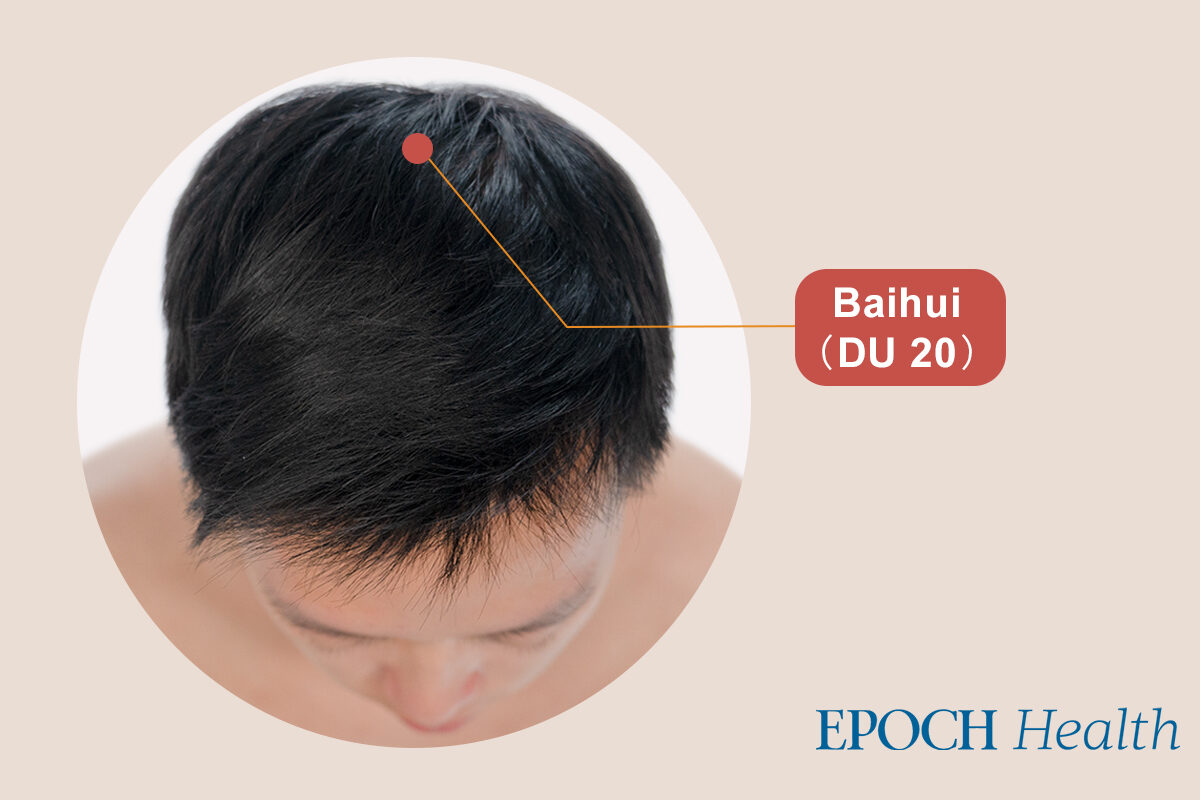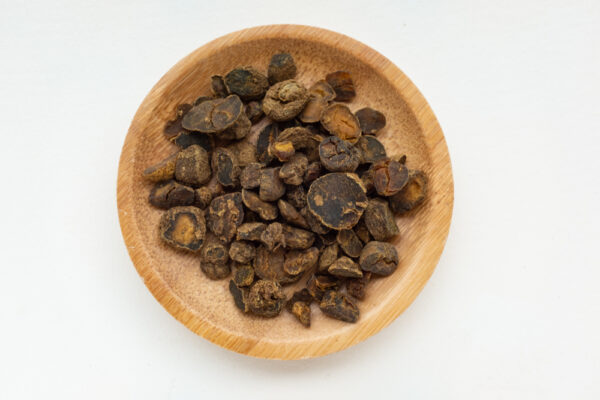


With today’s 24-hour-per-day availability of activity, the demands of work and school extended by remote access, and the ever-colorful allure of nightlife, many end up burning the midnight oil on a regular basis. Studies have found that regularly staying up late can damage the brain and cause symptoms such as memory loss.
How can we reduce the side effects of staying up late? Practicing proper diet and massage can help you relieve the discomforts caused by not getting enough rest.
Sleep is the time for the body to repair and recuperate, and is extremely important for the brain. If you often stay up late, your sleep schedule may be affected, leading to sleep deprivation. Chronic sleep deprivation can negatively impact memory, learning, and concentration.
Various research suggests that chronic sleep deprivation and staying up late may lead to a reduction of neurons in the brain. Neurons are the basic units in the brain that process and transmit electronic signals. In that way, a reduced number of neurons may negatively affect memory and cognitive function.
The research team of the University of Melbourne in Australia conducted a 7-year follow-up survey on more than 200 young people. In addition to answering the questionnaires several times during those 7 years, the participants also underwent two brain scans to check their brain development status.
From brain scan records, the researchers found a solid link between staying up late and the brain’s white matter—young people who were “night owls” had less white matter in their brains than early morning risers. The researchers also wrote that teens who start staying up late at around 12 or 13 are more likely to develop behavioral problems years later, including increased aggression, a tendency to break rules, and antisocial behavior.
A new American study found that if you stay up all night just once, your brain will age one or two years overnight.
Sleep deprivation and staying up late can negatively affect mood, increase the risk of depression and anxiety, and reduce mental health and overall well-being.
Lack of sleep and staying up late can cause undue stress on the body, which in turn affects brain function. This can lead to chronic fatigue, anxiety, insomnia, and other physical and mental health problems.
In conclusion, chronically staying up late may negatively impact brain health. If you need to stay up late, it is recommended to avoid doing so continuously and ensure you replenish sleep time as soon as possible afterward.
According to the theory of traditional Chinese medicine (TCM), everything in the universe is either yin or yang by its very nature. Yin and yang are opposite but interdependent, and one can transform into the other.
For example, daytime can be yang and nighttime yin. Balancing the yin and yang energy in the human body is the key to good health. Staying up late will disrupt such balance in the body, and cause extra burden to the spleen, stomach, heart, liver, and other organs.
For the physical discomfort caused by staying up late, the following is helpful.
When you need to stay up late, you can increase your nutritional supplements in certain ways as appropriate. Choosing foods that are easy to digest, and high in protein and vitamins, such as tofu, fish, lean meat, and vegetables is always helpful.
Avoid eating spicy, greasy, and irritating foods, such as chili, ginger, coffee, and the like, so as not to cause an extra burden on the gastrointestinal tract. It is also wise to avoid overeating and/or excessive alcohol consumption.
You can drink soup made with Chinese medicinal herbs, such as Polygonatum sibiricum, wolfberry, Schisandra chinensis, and Dimocarpus longan, which can regulate the balance of yin and yang in the body, enhance immunity, and improve sleep quality. Chinese herbal tonics such as ginseng, astragalus, and angelica can also be used.
TCM massage can stimulate the acupoints connected with the brain, promote blood circulation, improve nutrient supply to the brain, and thus nourish the latter. Commonly used acupoints are Fengchi (GB 20), Baihui (DU 20), Yintang (EX-HN3), plus others.
After staying up late, you can soak your feet in hot water to promote blood circulation, relieve fatigue, and help you sleep.
After staying up late, perform some light exercise, such as walking or yoga, which can help you relax and enter sleep easier.
Listening to music and/or leisure reading can help maintain a stable mood. Staying up late can cause mood swings and affect the balance of yin and yang in the body. It is recommended to maintain a positive attitude, relax your mind, and take appropriate rest, to reduce excessive fatigue and mental stress.
If staying up late leads to memory loss, you can try the following:
Ginseng is a popular tonic found in many Chinese medicinal recipes. It has the benefits of nourishing qi, replenishing essence, nourishing blood, and invigorating the spleen. It can enhance the body’s immunity and anti-fatigue ability and is known to exhibit some positive effects on the symptoms of dementia.
A double-blind controlled study published in Psychopharmacology found that middle-aged people had their memory (both working and long-term memory) significantly improved after taking capsules containing ginseng extract.
Uncaria tomentosa (commonly called cat’s claw) is a Chinese medicinal herb that includes the functions of clearing heat and detoxifying, promoting blood circulation and removing blood stasis, relaxing tendons, and activating collaterals. In this way, it can improve the blood circulation and metabolic function of the brain and has a certain therapeutic effect on brain diseases.
Rosemary is used both as a common seasoning item and a traditional Chinese medicinal herb. It has the functions of relaxing tendons and activating collaterals, clearing heat, detoxifying, promoting blood circulation, and can improve the symptoms of brain diseases.
A randomized double-blind controlled study published in the Journal of Medicinal Food found that taking an appropriate amount of rosemary powder for the elderly can help improve cognitive ability. However, more than 6g (0.04 ounces) a day, will have a negative impact on cognitive ability.
Corydalis, a traditional Chinese medicinal herb, has the functions of promoting blood circulation and removing blood stasis, relieving pain and itching, relaxing tendons, and activating collaterals. It can improve blood circulation in the brain, reduce cerebral ischemia and hypoxia, and has a certain therapeutic effect on brain diseases too.
Ganoderma lucidum is a traditional Chinese medicinal herb, with the functions of invigorating qi, nourishing blood, calming the nerves, and strengthening the heart. It can enhance the body’s immunity and anti-fatigue ability and is helpful to improve the symptoms of dementia.
In short, TCM believes that for people who often stay up late, the key to regulating the body is to maintain emotional stability, properly adjust diet, supplement nutrition, and maintain physical activity. At the same time, it should also be noted that if you feel unwell or have other symptoms, you should seek medical treatment.
*Some herbs mentioned in this article may be unfamiliar, but they are generally available in Asian supermarkets.
Note: Because different people have different physiques, it is recommended to consult your doctor or TCM experts.








